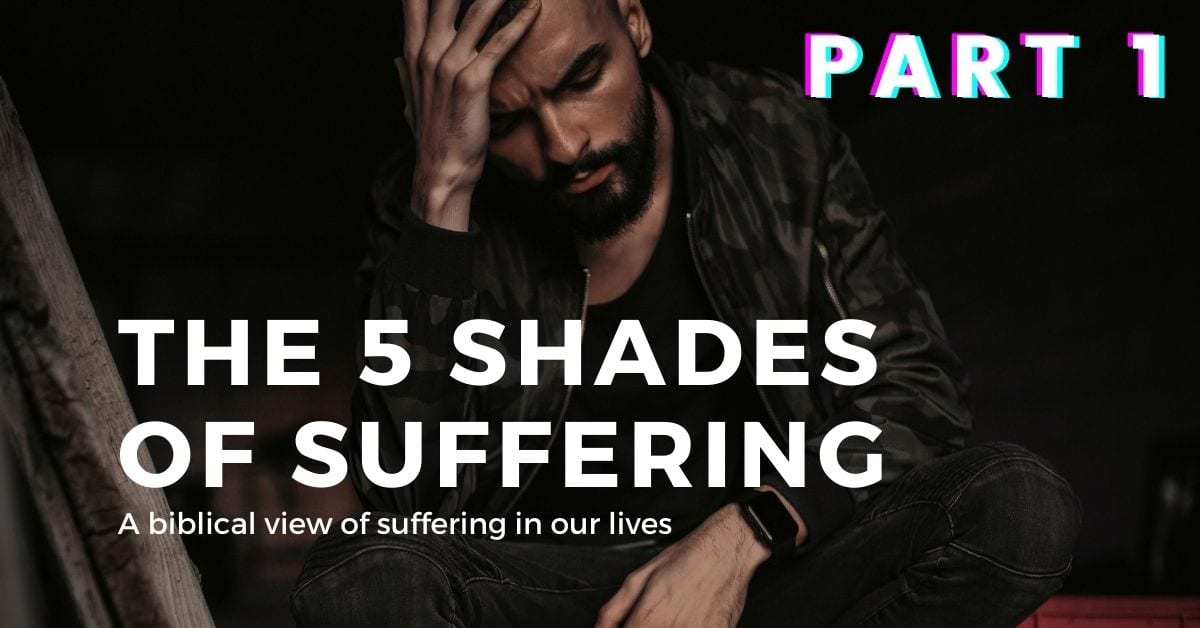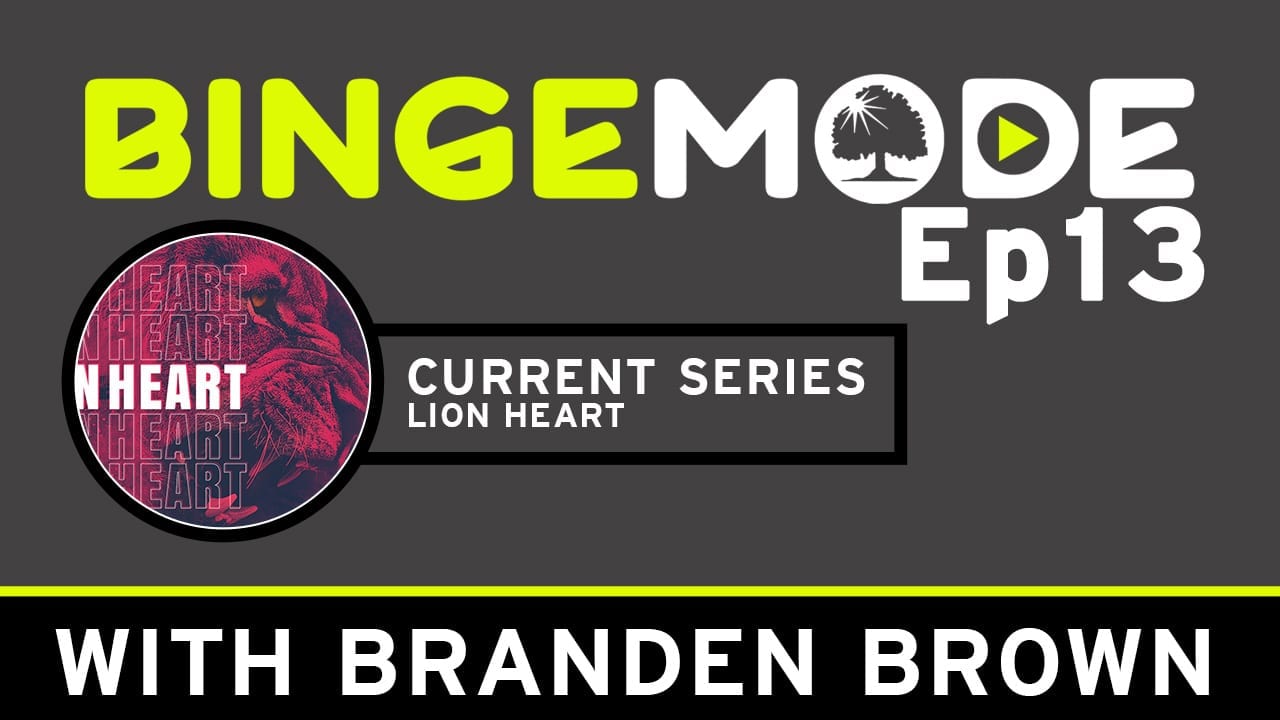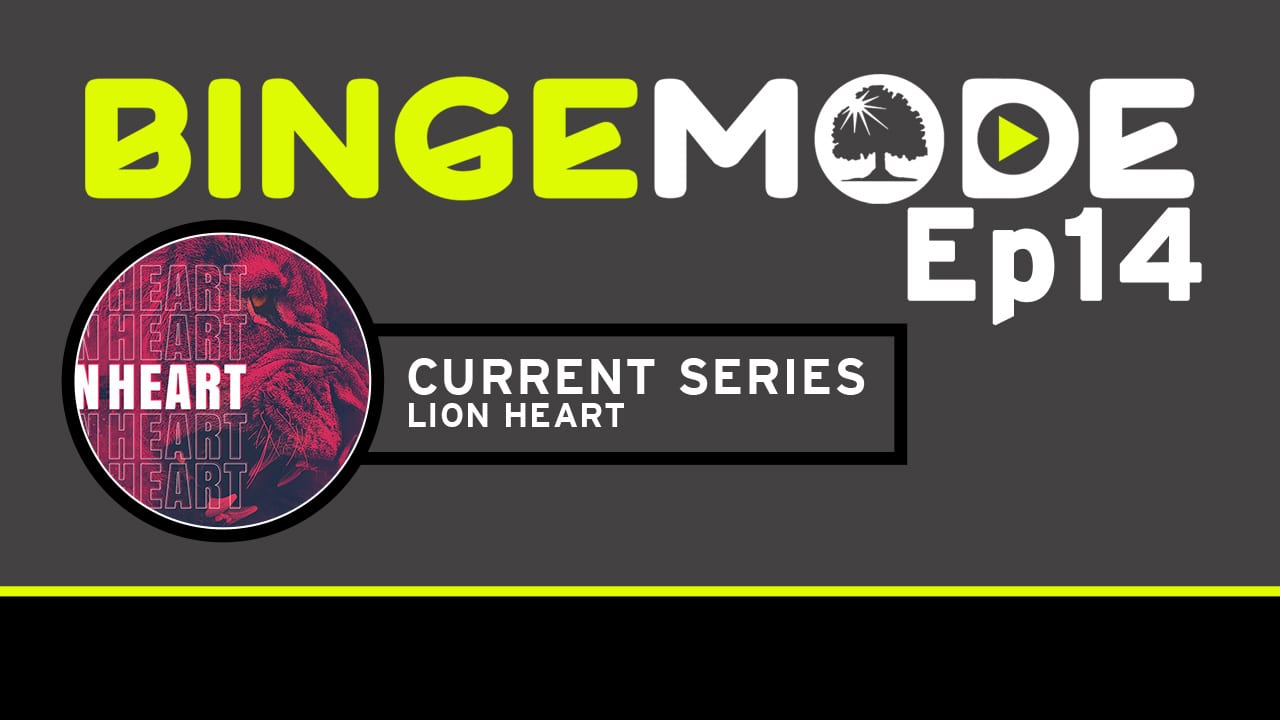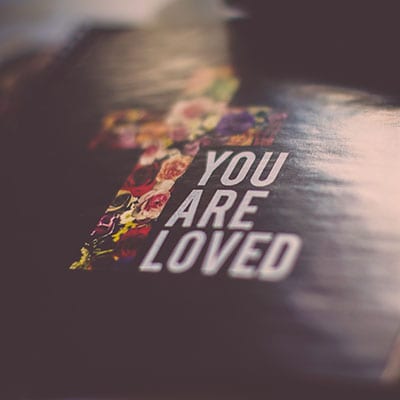
In 2014, I read an incredible book about suffering from a Christian perspective. Walking with God through Pain and Suffering by Dr. Tim Keller was an eye-opening book for me. If you haven’t read it, you should seriously read it right now. It’s that important. In the Western culture that I grew up in, suffering is viewed through a very narrow lens. Essentially it boiled down to suffering = bad. Of course, I’m simplifying quite a lot. But growing up in Church, most messages I heard on suffering either communicated that suffering was a punishment from God or that suffering was the consequences of bad choices you made. That’s it.
So when a friend of mine lost his big brother in a car accident when I was a Junior in High School, it was hard to wrap my head around that. It didn’t feel like punishment, and it didn’t seem like consequences. Later in College, a friend of mine lost his father to cancer. I watched as his theology of suffering, coupled with his belief in God’s sovereignty, drove him off the cliff of doubt and disbelief until he walked away from God altogether. I remember hearing the story of church ministers who concluded that God had to be either sovereign or loving because if he was both, then why would He even allow suffering in the first place? Now that’s a tough one to answer. I want to come back to that later on.
In my own life, I’ve never experienced anything on the level as my two friends. I haven’t lost a close relative or experienced major health problems (except for a torn Achilles that meant I couldn’t work for a while). But that’s another thing about suffering I think gets left out of the discussion; suffering is relative. Sure, some things are worse than others, and I think we all recognize that but does it feel any less painful when you experience the hurt and pain of a friend’s betrayal? Pain is pain, and suffering still HURTS.
So with all of this in mind, I want to talk through the five different ways the Bible talks about suffering. I call them the “Shades” of suffering because they aren’t clear-cut. It would be really nice if you always knew why you were experiencing suffering. Part of me thinks it would be of some comfort if you knew exactly why you experienced it, but then I guess we wouldn’t really need to trust God either!
The other reason I call them “Shades” is because we can experience different parts of them at the same time. That’s one I never heard in Bible College. As we look through each one, in turn, you’ll see that they can and often do overlap, just like the shade from two different trees on a hot summer day. Two types of suffering can overlap in your life not to bring relief but rather to bring different levels of pain.
But in the midst of all of this is a powerful promise from God that I think makes every part of the pain worth it in the end.
The First Shade: Trials
These aren’t in any order because I’m not sure there is a point in that. So we’ll start with what the Bible calls “Trials.” This is a very general term for hard things that happen in your life. It can cover anything from others mistreating you to acts of nature. Later on, we’ll talk about persecution more, and while that can fall under this category, I like to split it out because I think it’s different.
I define trials as the general problems of the world caused by the curse of sin. Is your job hard and feels unrewarding? That’s a trial. Is your health breaking down because you’re getting older? That’s a trail. Cancer is a trial. One of the hard truths to live with is that the world is incredibly broken. It’s so broken that one day God will destroy it all and start over. That’s how broken the world is.
Did God intend that hurricanes, tornadoes, earthquakes, drought, and famine happen on the earth? If you read Genesis 1, you know the answer. None of that was a part of the plan. The initial world that Adam and Even had to live in was perfect in every way, had no death and destruction, and perfectly met all of their needs.
It wasn’t until Genesis 3 that we see this thing called “The Curse” enter into the world. Eve was cursed to have pain in childbearing (a form of suffering) and conflict with her husband (Gen 3:16). Adam was cursed to work the ground that would be hard and unforgiving. Which we normally read today to mean that work will be hard and unforgiving. But beyond that, we know that the entire world was cursed because of Adam’s sin, throwing things out of balance leading to all kinds of suffering.
This also means the suffering of other’s sin against us is a form of a trial. The world is sinful and broken, and sometimes our suffering comes at the hands of other people’s sin. In fact, Jesus is the ultimate victim as He took the sin of the entire world upon Himself to solve the Curse once and for all time. He faced the trial of the cross so that we would never have to face trials again. So that we could, through faith in Him, live again without trials in Heaven one day.
In the meantime, however, we’ll face suffering in the form of trials. This category may be one of the hardest to work through, though, as it has little to do with us and more to do with how broken the world is. But I’ve found personally that if I go into my life thinking I should never face suffering, then it’s a tough reality when I face trials. But if I expect trials to come because of a broken world, it drives me back to God.
I even have to remind myself that I’ve even been a trial to others! Yeah, my sin has caused me to hurt others through no fault of their own. I am always a part of this sin-cursed world. When I start thinking that way, I realize that I am just as guilty of hurting others as those who have hurt me. Again, this drives me to Jesus, for forgiveness and relief from my own sin and to ask that I can be a part of the solution rather than the problem.
The Second Shade: Persecution
In the Western world, we don’t really experience persecution that often. For the most part, we are free to worship God as we want, and we aren’t ostracized for it. But in other parts of the world, that is not even close to being true. Peter says in 1 Peter 4:16, “Yet if anyone suffers as a Christian, let him not be ashamed, but let him glorify God in that name.”
The first thing I want to do when I feel persecution is to yell at God for how unfair it is. I think things like, “God, why am I facing suffering just because I’m a Christian?!” But here Peter is saying, where that mark of suffering like a badge of honor. That your Christianity was so obvious and offensive that others made you suffer for it. Ouch. That’s both convicting and hard to live out.
Normally we think of this in terms of martyrs, but it happens in everyday life too when you stand up for what’s right and are punished for it when students are made fun of for praying at School. When our political views based on biblical principles are mocked and ostracized, when we’re called bigots for believing what the Bible says as citizens of the United States, I can’t help but see our country slipping down this path. Will it one day be “hate speech” to preach the Gospel?
In John 16:33, Jesus says, “I have said these things to you, that in me you may have peace. In the world you will have tribulation. But take heart; I have overcome the world.” It seems like a contradiction. Did Jesus come to bring peace or tribulation? I think what He is saying is that He came to bring us spiritual peace. The transforming peace that Paul speaks about in Phil 4:7 “the peace of God.”
That is a peace in our hearts that no matter what happens, we are secure in the finished work of Jesus. Yet, in the same breath, Jesus also wants to make it clear that we shouldn’t expect that peace to be with the world. Instead, He says when it comes to the world, you will have tribulation. I think He talking about persecution here. In context, He is speaking to the disciples and telling them that after His death and resurrection, they would be scattered. Most of them faced persecution their entire lives. Many of them died for their faith in Jesus.
But Jesus’ reminder is such a powerful one; “I have overcome the world.”
My takeaway for this type of persecution is three-fold. We should expect it, we should wear it like a badge of honor, and we should remember that Jesus has victory over this world. His victory was bought with His blood on the cross, and it was secured when He rose from the dead.
Wrapping Up
In part two of this post, I’ll talk about the other three Shades of Suffering. But maybe you’re already starting to see the point I’m trying to make with all of this talk about suffering. First, it’s important to think about the suffering you’re facing. Recognizing the type can help you view it through a Biblical lens. It can help you know how to move forward in the midst of that suffering.
In my own life, spending time thinking about suffering has helped me change my unbiblical expectations. Instead of hoping that my entire life is smooth sailing and nothing bad ever happens to me, it helps me immensely to realize that Jesus told me to expect to suffer. He said, “in the world, you will have tribulation.” As a Christian, that’s what we should expect. We live in Satan’s world right now. Jesus may have the victory won, but the war isn’t over yet. And in the meantime, the battlefield of Earth is going to be painful along the way. But there is so much comfort in Jesus.
He gives us peace.
This is a peace that we can take with us through suffering and in the midst of it. It doesn’t make the pain go away, but it does bring confidence to my soul, comfort to my heart, and salve for my wounds.











